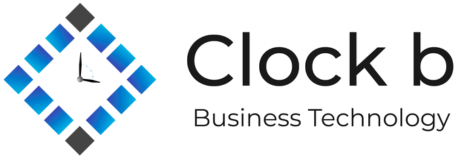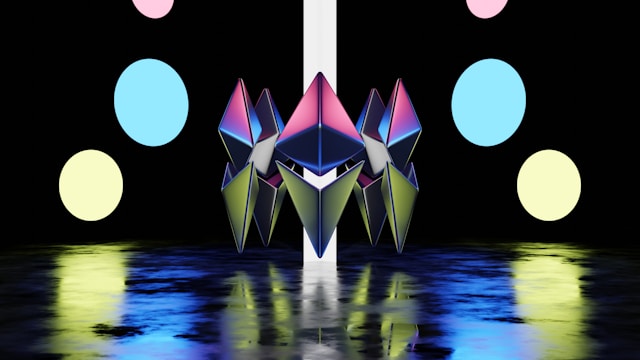The way we organize people and build companies is undergoing a quiet, but profound transformation. For over a century, traditional corporations have dominated how we work, innovate, and create value. But in the last few years, a new kind of organizational structure has emerged from the world of blockchain—Decentralized Autonomous Organizations, or DAOs.
So what are DAOs really, and how do they stack up against traditional companies? More importantly, which model is more suited to lead us into the future?
Let’s dive in.
What’s a DAO, Really?
A Decentralized Autonomous Organization (DAO) is an organization run not by a CEO or executives, but by code—smart contracts that execute automatically on a blockchain. In a DAO, power is distributed among members who hold tokens, and decisions are made collectively through voting mechanisms.
Imagine a company where anyone with a stake can submit a proposal, vote on it, and watch it get implemented automatically—all without a boardroom or CEO.
Sounds radical? It is.
How DAOs Differ From Traditional Companies
Let’s compare some fundamentals:
| Aspect | Traditional Company | DAO |
|---|---|---|
| Leadership | Centralized (CEO, Board) | Decentralized (Token Holders) |
| Decision-Making | Top-down | Community-driven, via proposals |
| Transparency | Limited | Full visibility on the blockchain |
| Participation | Restricted (investors) | Open (anyone can join/engage) |
| Operations | Manual, hierarchical | Automated through smart contracts |
| Global Reach | Often region-specific | Borderless and internet-native |
DAOs are built for the digital world. They are faster, more transparent, and often more inclusive than their traditional counterparts. But they’re not without their challenges.
The DAO Advantage
- Radical Transparency
Every decision, vote, and transaction in a DAO is recorded on-chain. This reduces corruption, backroom deals, and shady governance. - Community First
DAOs empower contributors and users alike. Your voice—and your vote—matter, regardless of geography or title. - Autonomous by Design
With smart contracts at the core, many routine operations are automated, eliminating red tape and middlemen. - Global by Default
DAOs have no borders. You could be voting on a treasury decision from Nepal while a developer in Brazil implements it.
The DAO Downside
While the DAO model is exciting, it isn’t perfect.
- Legal Uncertainty: Most jurisdictions still don’t recognize DAOs as legal entities.
- Security Risks: Smart contracts are code—and code can have bugs. The 2016 DAO hack is a painful reminder.
- Governance Challenges: Not everyone votes. And when they do, it can lead to inefficiency, deadlock, or manipulation by whale token holders.
- Onboarding: DAOs can be intimidating for non-tech users. Wallets, tokens, proposals—it’s a learning curve.
Traditional Companies Aren’t Done Yet
Despite the DAO hype, traditional companies still dominate the economy—and for good reason. They have:
- Clear legal frameworks
- Investor protection mechanisms
- Time-tested management practices
- Easier access to capital markets
Companies like Apple, Microsoft, and Google continue to innovate and operate at a scale DAOs haven’t yet matched. But even these giants are watching Web3 closely. Some are experimenting with DAOs, issuing tokens, or exploring blockchain governance.
The Future is Likely Hybrid
Rather than a direct replacement, we’re likely to see hybrid models—where companies integrate DAO-like elements into their operations.
Think:
- Community token voting on product features
- Decentralized governance over open-source initiatives
- Shared ownership models via tokenization
Some startups may start as DAOs, others may evolve into one. The choice won’t just be about efficiency—but about values, transparency, and community trust.
So, Who Owns the Future?
In short: both.
DAOs represent a compelling vision of the future—one where organizations are transparent, user-owned, and globally inclusive. But traditional companies still offer structure, clarity, and legal safety nets that can’t be ignored.
The real winners will be those who adapt—blending the agility and openness of DAOs with the discipline and maturity of traditional business models.
Ownership of the future isn’t a matter of structure—it’s a matter of evolution.


